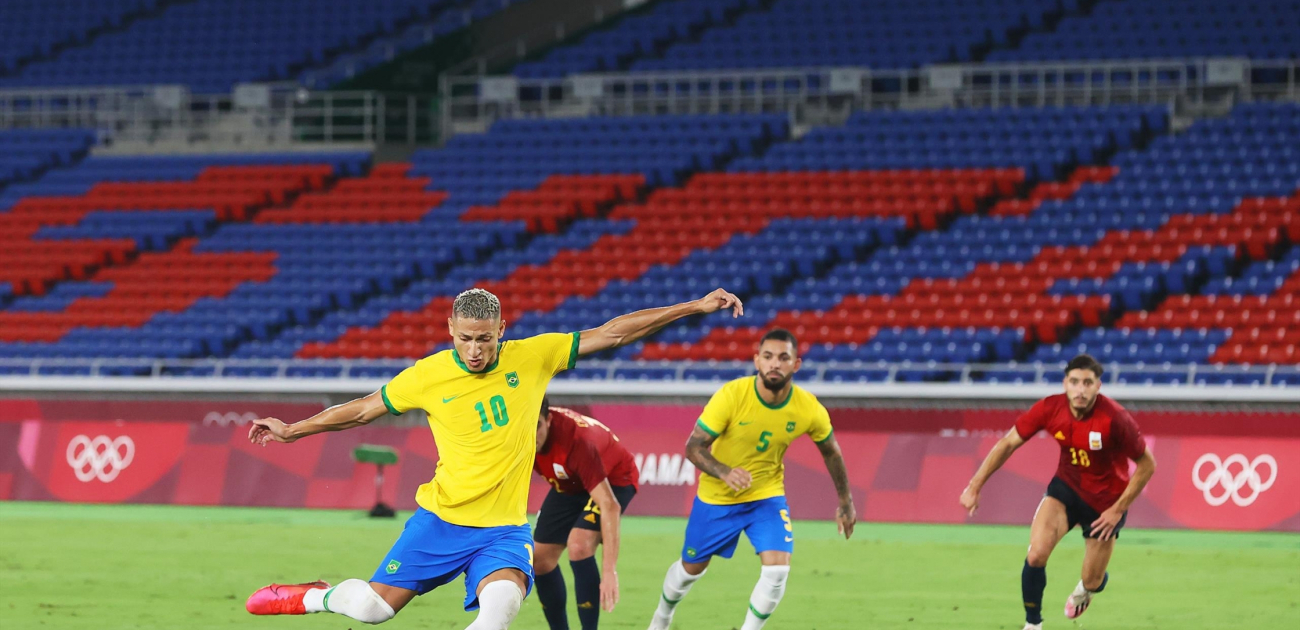SAF - Brief Comments on Normative Instruction 112/22, of the National Department of Business Registration and Integration
The DREI - National Department of Business Registration and Integration is responsible for, among other matters, establishing and consolidating general rules and guidelines for the public registry of commercial companies and related activities. Within the scope of its competence, it provided, through "IN 112" - Normative Instruction 112/22, on the registration of the football corporation - SAF.
In the preamble of IN 112, it is stated that, in a subsidiary way, all the rules applicable to the corporation contained in the Manual for Registration of Public Limited Companies, Annex V to Normative Instruction 81 ("Manual") apply to SAF. The logic is as follows: in relation to the specific treatment of matters exclusive to SAF, provided for in law 14,193/21 ("SAF Law"), there is a specific regulation, contained in IN 112 itself; moreover, SAF is subject to the rules of "ordinary" companies - provided, of course, they are not incompatible with the aforementioned SAF Law.
Therefore, company rules do not replace, but complement, to the extent compatible, the SAF rules.
The first paragraph of item 1, inserted in Section XIII, reaffirms the possibility of constituting the SAF by a single shareholder. It is not, as is extracted from the SAF Law, a matter of obligatoriness, but of possibility. Thus, a club, for example, will be able to decide on the constitution of a SAF and subscribe to the totality of the shares issued by it, without the need to add to the incorporation process a person who became a partner only to constitute the corporate plurality (a homme de paille, as it is called in France, or an orange, as it is preferred in Brazil).
The sole proprietorship is admitted in any modality of constitution of the SAF; in addition, if it is constituted, by hypothesis, with more than one shareholder, there is no prohibition that, at a later time, all the shares are concentrated in only one shareholder, by any means of acquisition, such as the purchase and sale of shares (hypothesis , therefore, supervening sole proprietorship).
In fact, the last paragraph of item 1 casts light on the fruitless debate that threatened to start, consisting of the mistaken interpretation that the club could not form the SAF via drop down (by subscribing to all the shares issued by the SAF and transferring assets to SAF in payment of subscribed shares).
The text contained in IN 112, which expresses the content of the SAF Law, is unequivocal in this sense: "in turn, as provided for in article 3 of the same law, a SAF can also be constituted upon receipt of the transfer of the club or the original legal entity of its assets (...)".
Item 2 establishes that the SAF bylaws must contain the requirements set forth in item 15 of Section I of Chapter II of the Manual, and may (i) establish other requirements necessary for the election to the board of directors, (ii) provide for other rights for the holder of class A common shares, when constituted by a club or original legal entity, (iii) establish criteria for the exclusive dedication of directors to the management of the company and (iv) establish other matters that are subject to the agreement of the holder of class A common shares .
These 4 hypotheses are provided for in the SAF Law, so it is not - and could not - be an innovation of IN 112, and must be implemented, when applicable, within the limits established by the law itself.
Item 5, which deals with the formation of capital stock, reinforces the existence of the constitutive modality through the drop down and clarifies that the club "may pay its share to the capital stock through the transfer to the company of its assets, such as , not exclusively, name, brand, signs, symbols, properties, property, fixed and mobilized assets, including registrations, licenses, sports rights over athletes and their economic repercussions". Note that, pursuant to art. 8 of Law 6,404/76, the contribution of assets, of any nature, to capital will depend on an assessment to be carried out by a specialized company or by three experts.
Item 4 reinforces, in a note highlighted from the other regulated topics, that the directors of SAF must have exclusive dedication, observing any criteria established in the bylaws.
Finally, item 8 guides on the mandatory publications ordered by law, which may be carried out electronically, exclusively, by the SAF that has annual gross revenue of up to R$ 78 million, in which case the publication must be kept in the website for a period of 10 years.
The SAF that calculates annual gross revenue above the mentioned level must, with regard to advertising, observe the content of art. 289 of Law 6,404/76, according to which the publications will be made in a large circulation newspaper published in the location where the SAF headquarters is located, in a summarized way and with simultaneous disclosure of the entirety of the documents on the page of the same newspaper on the internet.
Finally, it is noted that the publication of IN 112 should contribute to the unification of procedures and understandings within the commercial boards, and, with this, offer clubs, investors and other agents involved in SAF constitutive processes, the necessary security in relation to registration aspects.
Do you want more information?
 Rodrigo Monteiro de Castro
Rodrigo Monteiro de CastroRodrigo Monteiro de Castro is specialized in corporate and business laws, corporate transactions (M&A), capital markets and contracts.

